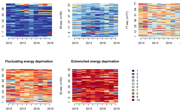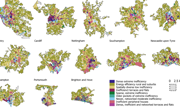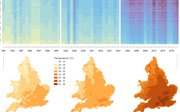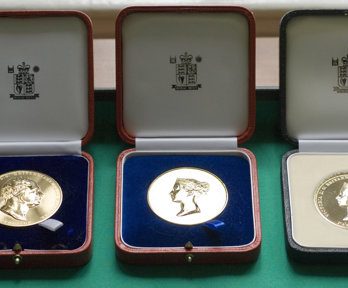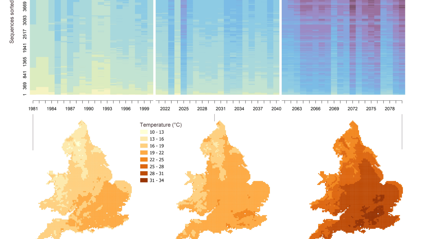
Q&A with Dr Caitlin Robinson
Read our interview with 2025 Gill Memorial Award recipient, Dr Caitlin Robinson.
Dr Caitlin Robinson is one of the Gill Memorial Award recipients for exceptional early career research with a remarkable track record of achievement.
What role do you do now and how would you describe your work
"I am a Senior Academic Fellow and Proleptic Lecturer in Geographical Sciences at University of Bristol. I am a quantitative human geographer, using socio-spatial data to represent geographies of energy, inequality and infrastructure.
"I also love to read and write using theories from across human geography, and try, where I can, to integrate this to inform a critical quantitative approach. I also co-lead Bristol’s Quantitative Spatial Science research group, one of the largest groups of quantitative geographers in the UK."
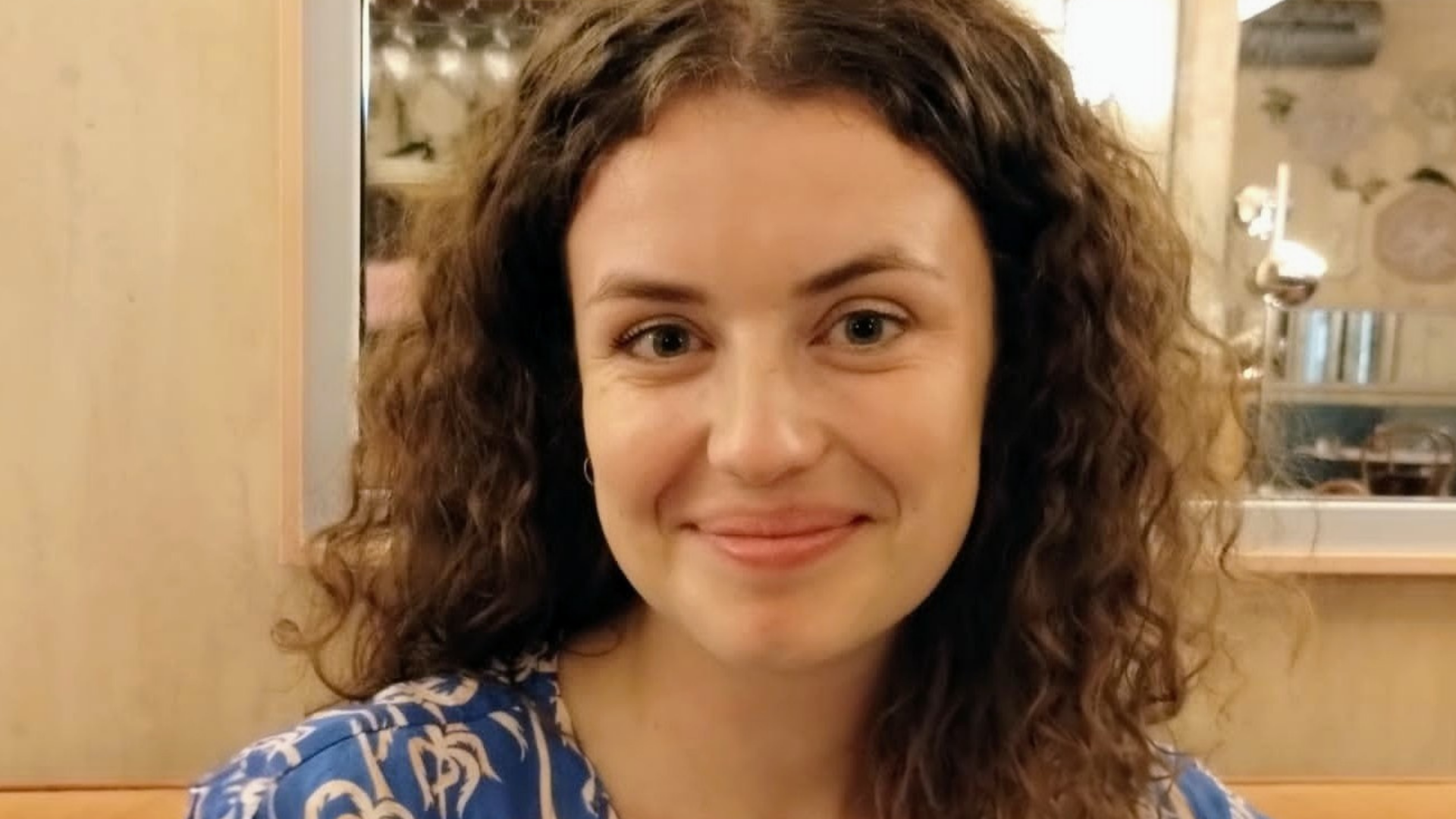
How did you get into this field of work?
"I love anything visual. One of my favorite parts of my research is visualizing and mapping different types of social and spatial data, and that was what really captured my attention and steered me towards quantitative human geography.
"I still have lots to learn though, and my colleagues are forever releasing new packages and models that can create even more exciting data analyses and visualisations!"
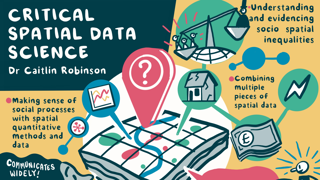
What has been the highlight of your career, regardless of how big or small, so far?
"The highlight of my career so far has been moving to live and work in Bristol. One of the biggest challenges in academia is precarity and short-term contracts, especially for people at the beginning of their careers. There is often an expectation that you will be mobile and move for these short-term contracts.
I really enjoyed meeting new people in different departments and experiencing different research cultures, but it was also a relief to stay in one place for a while."
What projects are you working on right now?
"The Mapping Ambient Vulnerabilities project focuses on ambience - the overlapping and shifting material forms that constitute a person’s surroundings (e.g. air quality, flow, temperature, humidity, noise and light). We analyse and map the accumulation of, and interactions among, ambient vulnerabilities in the urban environment, as well as the uneven impacts on people and places.
The project wouldn’t be possible without our wonderful team: Lenka Hasova, Lin Zhang and National Energy Action."
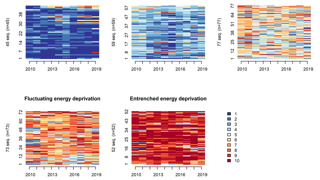
What is one thing you wish you had learned earlier in your career?
"Growing up, like lots of people, I was terrified of public speaking, and would do anything to avoid it.
"When I became interested in researching and teaching at a university, I decided it was something I had to overcome. I still put huge amounts of time into preparing for speaking in situations I anticipate finding nerve-wracking. But over the years these situations have become fewer and fewer.
"I wish I had known it is possible (despite the job title) to be a university lecturer who sometimes fears speaking!"
Sign up to our newsletters
We regularly host exhibitions as well as in-person and online events, including our Monday night lectures (members only) and regional events.
Would you like to stay up to date about our upcoming events and news? Log in, or create an account, and sign up for our newsletter.
